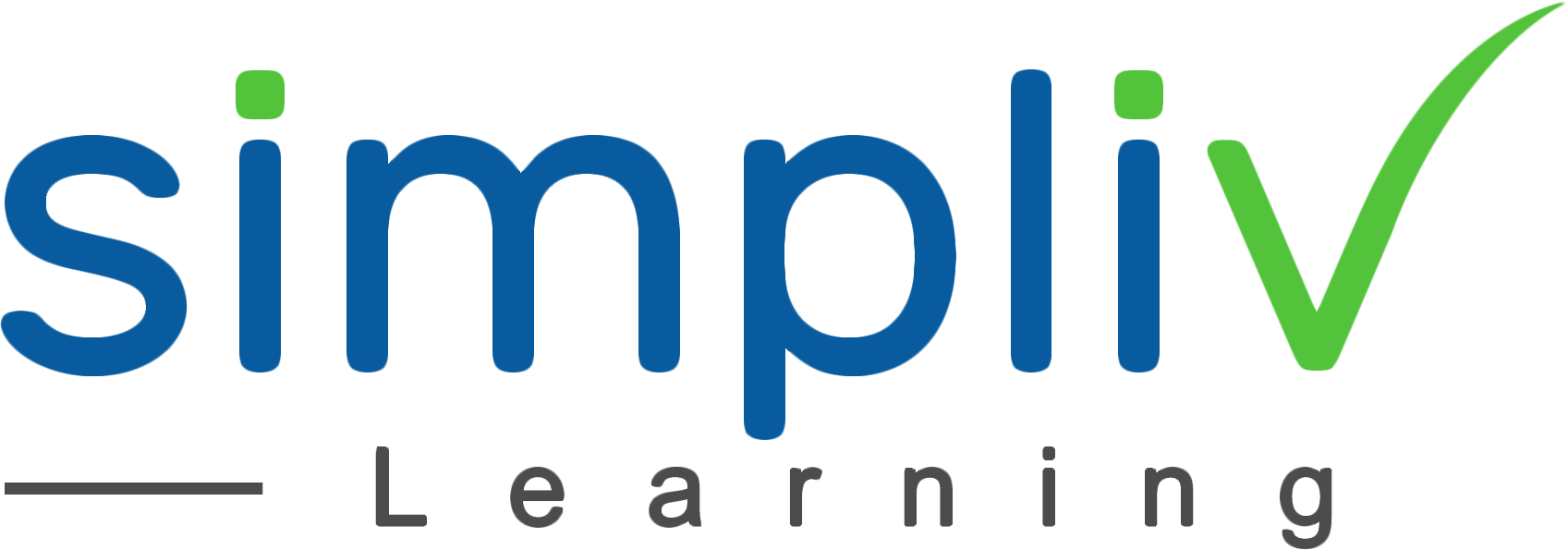Project Management Fundamentals & Best Practices Training
The PMP® Certification Exam Preparation Training Course covers key project management concepts, processes, and best practices outlined in the Project Management Institute's (PMI)® Project Management Body of Knowledge (PMBOK)® Guide.
Project Management
24 Hours
Description
The PMP® Certification Exam Preparation Training Course is a comprehensive program designed to equip professionals with the knowledge and skills required to successfully pass the Project Management Professional (PMP)® exam. The course not only focuses on exam-specific content but also aims to enhance practical project management competencies, preparing individuals for effective project leadership roles.
Course Objectives
The primary objective of the PMP® Certification Exam Preparation Training Course is to equip participants with the knowledge, skills, and confidence needed to successfully pass the Project Management Professional (PMP)® exam.
Target Audience
Aspiring Project Managers, Project Coordinators and Team Members, Experienced Project Managers, Business Analysts, Engineering and IT Professionals, Entrepreneurs and Small Business Owners, Anyone Pursuing Career Advancement in Project Management, Professionals Seeking Global Recognition
Basic Understanding
Three years of project management experience
Course Content
No sessions available.
Coupons
Live Support
Call
+510-849-6155
Mail to
support@simplivlearning.com
